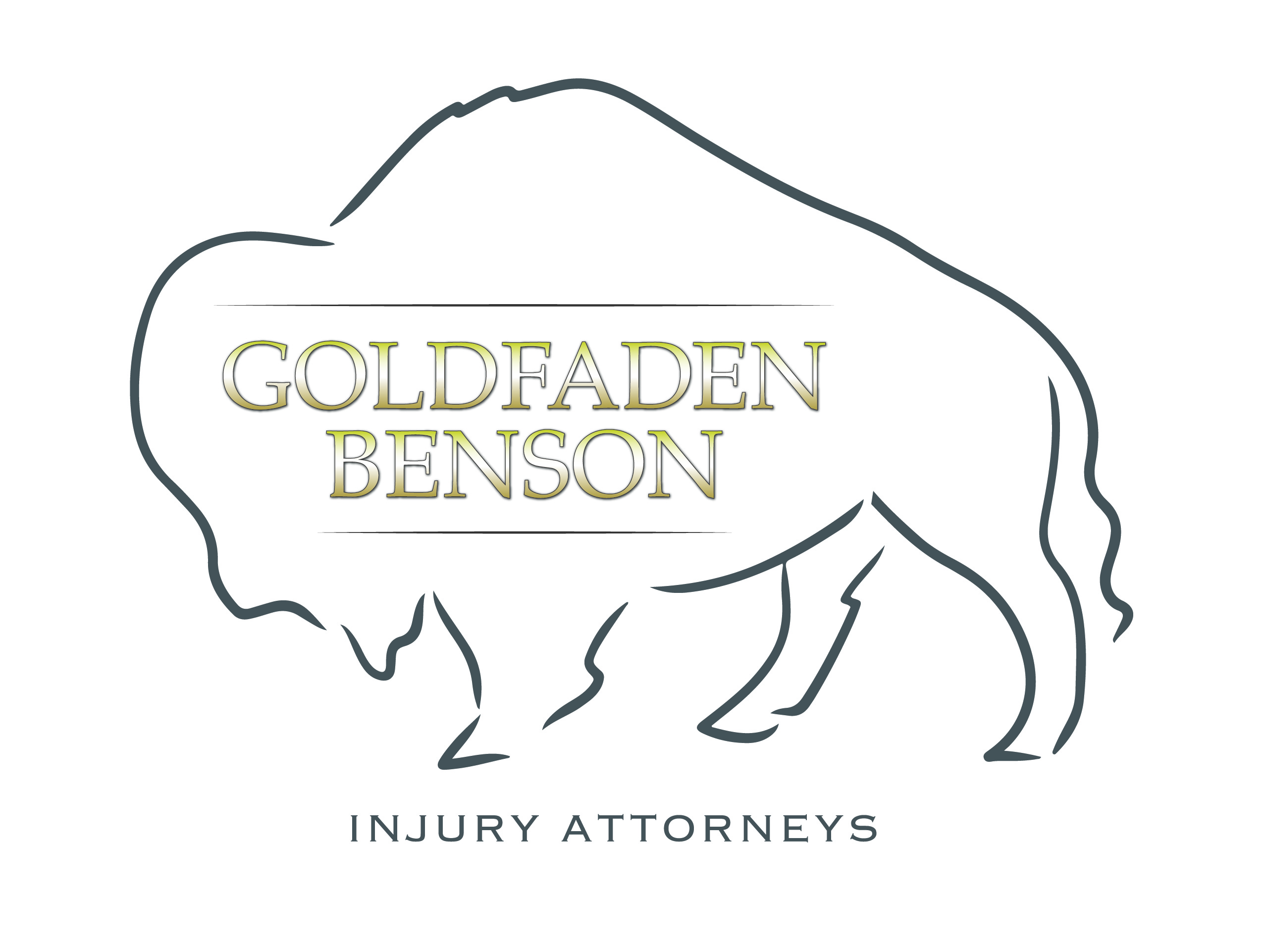Maximizing Compensation in Personal Injury Cases
In Southern California — and throughout the state — personal injury cases revolve around one central concern: how can you maximize your compensation? If you've been injured due to someone else's negligence, it's understandable to want the best possible outcome, not just for your physical recovery, but for your financial one as well. While every situation is unique, there are some general steps and strategies you can follow to ensure you're doing everything possible to bolster your case.
In this guide, we'll explore some expert advice on the subject, shedding light on the complex world of personal injury law and maximizing compensation.
Understanding Your Rights
The first step in maximizing compensation in a personal injury case is understanding your rights. In California, your rights in a personal injury case are rooted in the principle of 'negligence'. Directly from the California Civil Jury Instructions, you will find that negligence is the failure to use reasonable care to prevent harm to oneself or to others.
It's essential to understand that if someone else's negligence led to your injury, you have the right to seek compensation. This could include medical bills, lost wages, and even compensation for pain and suffering. Understanding your rights is the foundation for any successful personal injury claim.
Document Everything
When maximizing compensation personal injury claimants need to take thorough documentation seriously. Your claim isn't just based on the facts of your injury, but on the evidence you can provide to support those facts. This includes medical records, witness testimony, photos of the scene, and any other pertinent information.
It's often a good idea to keep a pain journal as well. This can help you document how your injuries are affecting your day-to-day life, which could be an important aspect of your compensation claim.
Work With an Experienced Attorney
One crucial element in maximizing compensation personal injury claimants often overlook is the role of an experienced attorney. As with any legal matter, the complexities of personal injury law make it beneficial to have a professional on your side. An attorney can guide you through the process and help you negotiate with insurance companies.
A good personal injury lawyer, like those at Goldfaden Benson, will have the knowledge and experience necessary to help maximize your settlement. They'll know how to present your case in the best possible light, and they'll be able to anticipate and counter any tactics the other side might use to try and minimize your compensation.
Don’t Rush the Process
In your quest for compensation, you might feel tempted to settle your case quickly. However, your compensation could be significantly impacted if you don’t allow enough time for all your injuries and damages to be fully assessed. It’s important to give your attorney adequate time to negotiate a fair settlement.
Conclusion
Maximizing compensation in personal injury cases doesn't have to be a daunting process. By understanding your rights, documenting everything, working with an experienced attorney, and making sure not to rush the process, you can put yourself in the best possible position to get the compensation you deserve.
If you're unsure about any aspect of your personal injury claim, or if you want to discuss your case with a skilled attorney, don't hesitate to contact us at Goldfaden Benson.
FAQs
-
What types of costs can be included in my personal injury claim?
You can include any costs related to your injury. This includes medical bills, lost wages, rehabilitation costs, and any future expenses related to your injury. -
Does California have a cap on personal injury damages?
California doesn't have a cap on most personal injury damages. -
How long do I have to file a personal injury claim in California?
In most cases, California law gives you two years from the date of the injury to file a personal injury claim. -
What if I was partially at fault for my injury?
California follows a pure comparative negligence rule, which means you can still recover damages even if you were partially at fault. However, your compensation will be reduced by your percentage of fault. -
What should I do if the insurance company denies my claim?
If your claim is denied, you should consult with an experienced attorney. They can help you understand your rights and options. It might be necessary to file a bad faith insurance claim.







